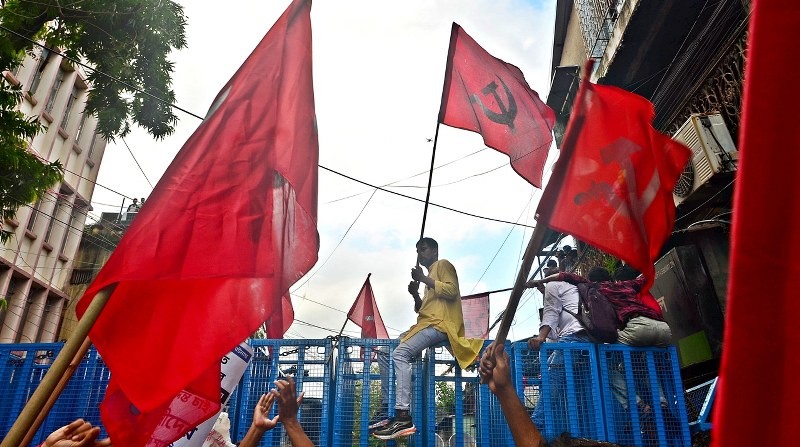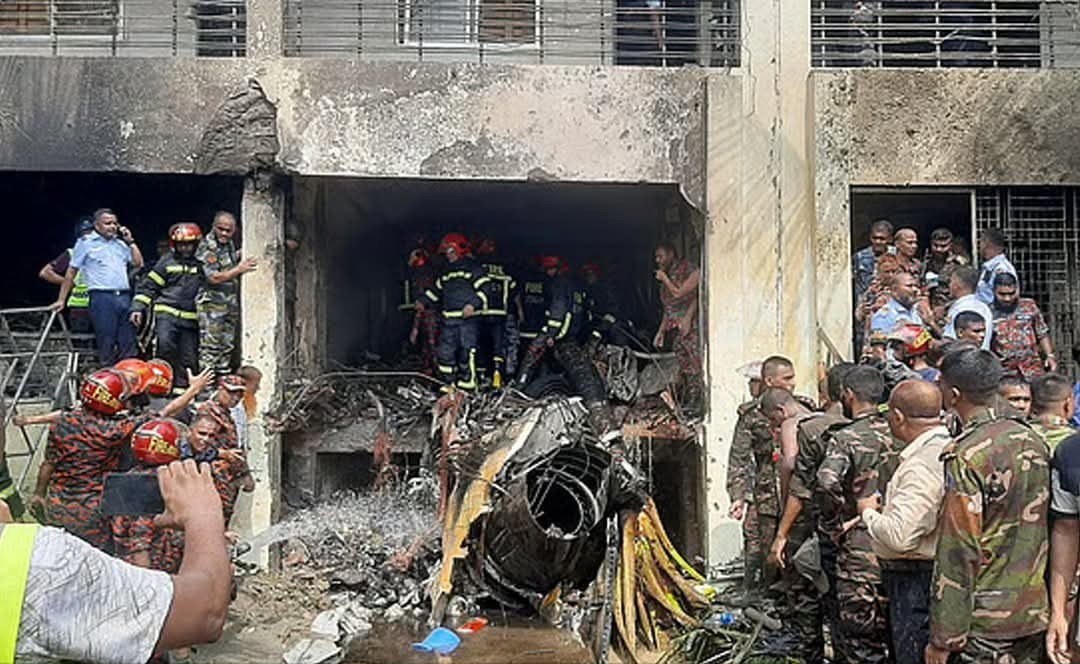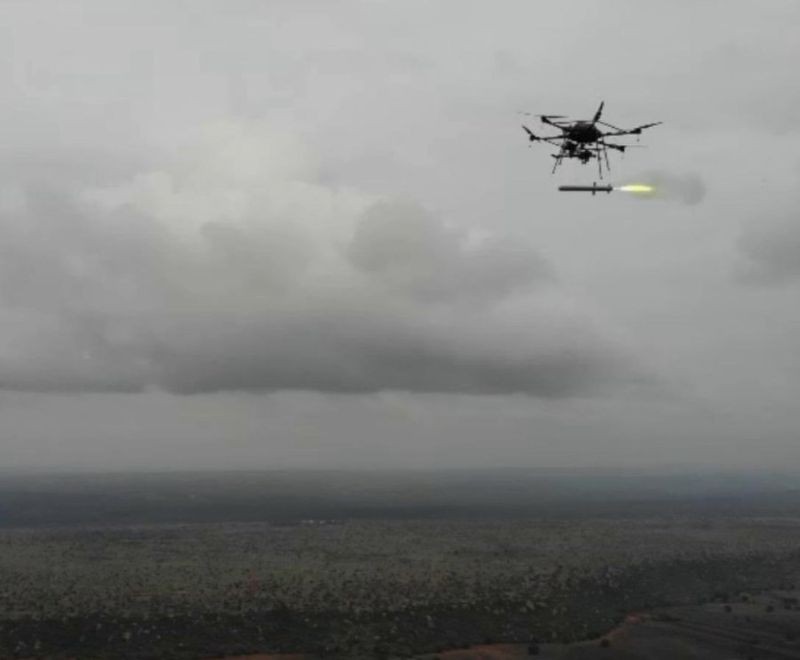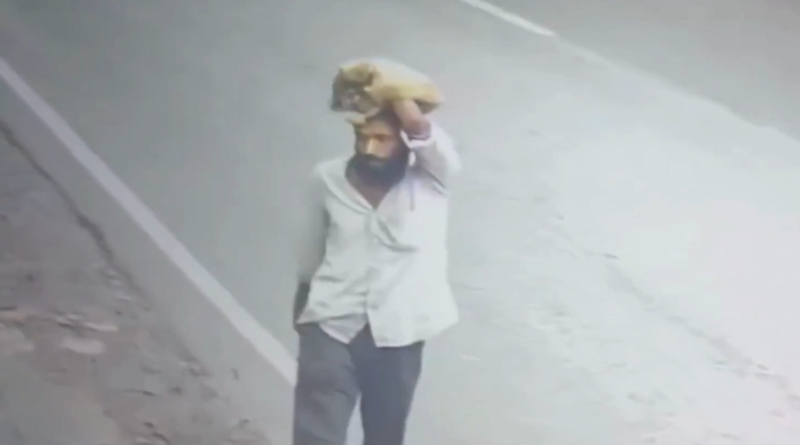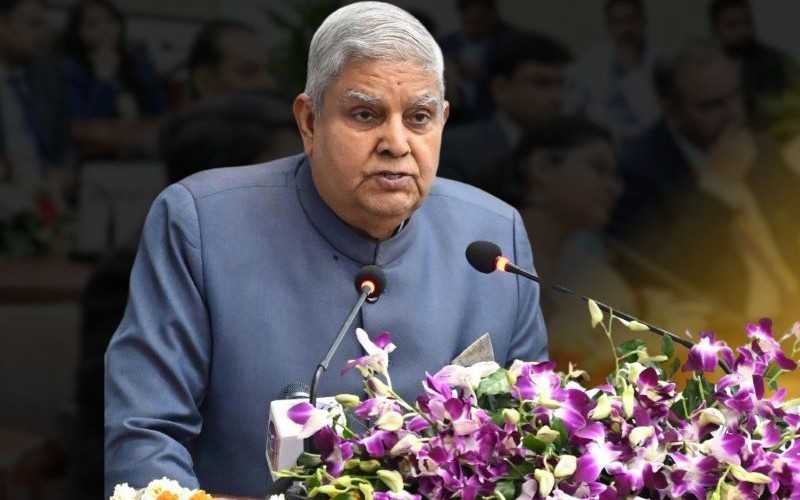Pro-Khalistan leader Hardeep Singh Nijjar assassinated in Canada
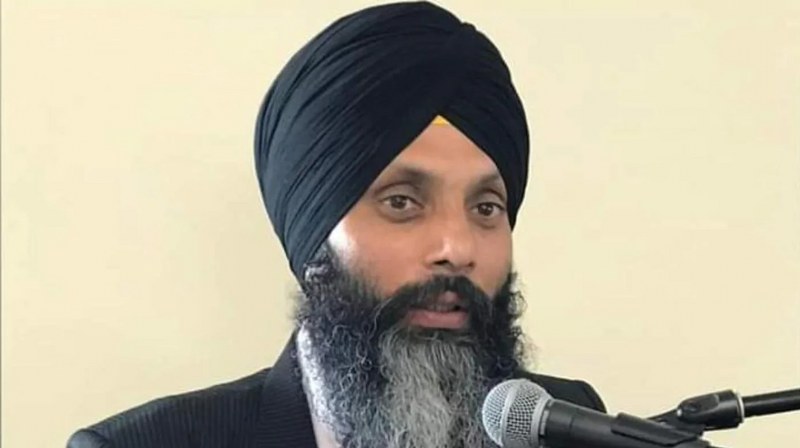
In a significant turn of events, Hardeep Singh Nijjar, a Canada-based pro-Khalistan leader, was shot dead in Surrey city, British Columbia province.
He had been a leading figure in the Khalistan separatist movement and was closely associated with Sikhs for Justice (SFJ). Nijjar was also serving as the president of Guru Nanak Sikh Gurdwara in Surrey.
Nijjar, a member of the Khalistan Tiger Force (KTF), was a ‘wanted terrorist’ for his involvement in various acts of violence and subversive activities.
Nijjar was allegedly involved in the killing of Ripudaman Malik in Surrey. Malik had founded the Khalsa Credit Union and Khalsa School. Insiders suggest that Nijjar’s assassination could be an act of revenge.
The police in Surrey are currently investigating the details of Nijjar’s assassination, though no details have been disclosed at this time.
This comes days after the citizens of Brampton, Canada, like their counterparts in Amritsar in Punjab, were bracing themselves for the usual outpouring of controversy that had become expected around this time of the year.
This year, the cause was a tableau (or jhaki, as called in colloquial Punjabi) that celebrated the assassination of late Indian Prime Minister Indira Gandhi by her Sikh bodyguards, displayed in the annual Sikh Martyrdom Parade on 4 June.
The tableau, marking the 39th anniversary of Operation Blue Star, was a point of outrage and contention as it unapologetically celebrated the assassination of the Prime Minister of the world’s largest democracy, India.
The Indian government, including External Affairs Minister S Jaishankar, expressed their displeasure over the tableau, maintaining that such actions were detrimental to the relationship between India and Canada. They questioned why space was being given to those who “advocate violence.”
“It isn’t only one incident, no matter how egregious it may be,” Jaishankar told reporters
“There is a larger underlying issue about the space which is given to separatists, extremists, and people who advocate violence,” he said.
“We are at a loss to understand, other than the requirements of vote-buying politics, why anyone would do this.”
Canadian high commissioner in India, Cameron MacKay, also expressed concerns, stating that there is “no place for hate in Canada or for glorifying violence.”
Despite this, the Mayor of Brampton defended his administration’s decision to ignore these provocative acts of Khalistani activists.
(khalsavox.com/IBNS)

